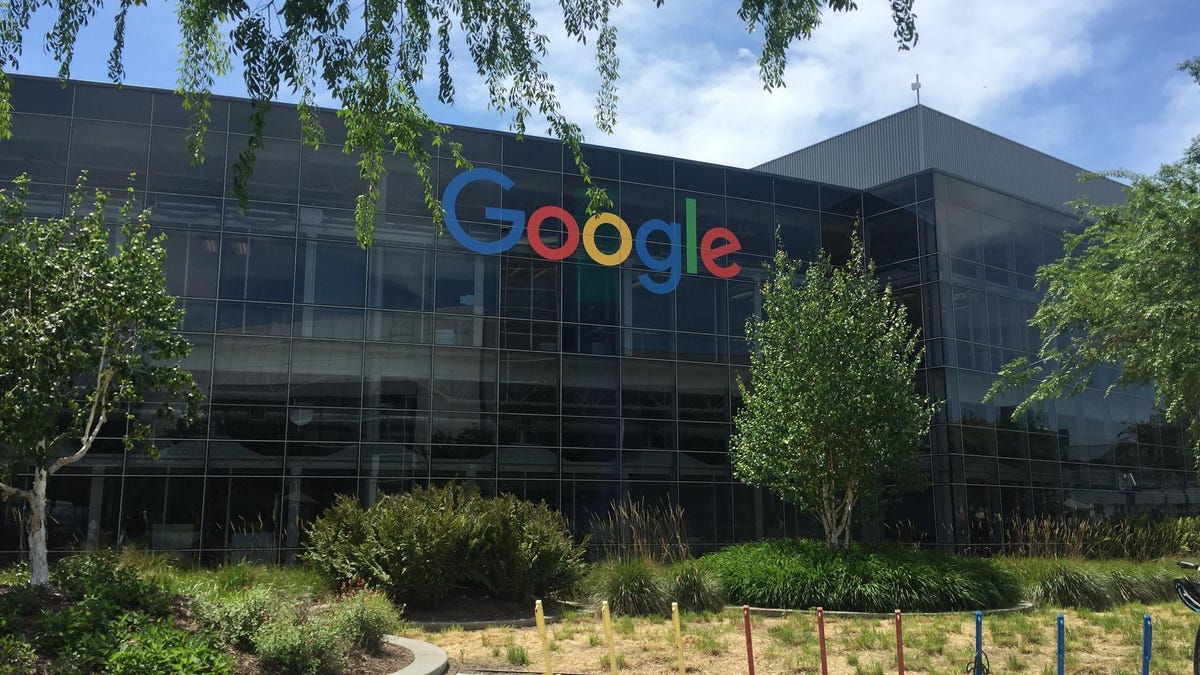Google pushes its return-to-office date to January
Employees can return earlier if they want to.

Google employees have a few more months before they are required back in the office.
Google on Tuesday said it's postponing its mandatory return to offices until next year, as the highly contagious delta variant of COVID-19 continues to spread around the world.
The tech giant had earlier planned for employees to return to in-person work in October, a timeframe that had already been pushed back from a September target as concern mounted over the coronavirus variant. The company is now eyeing Jan. 10, 2022, to bring workers back to campus for a hybrid work schedule, Google CEO Sundar Pichai told employees in an email.
"For some locations, conditions are starting to improve, yet in many parts of the world the pandemic continues to create uncertainty," Pichai wrote.
The various Google offices worldwide will determine when they'll end remote work, based on local conditions after Jan. 10. The company has already approved thousands of employees' requests to continue working remotely or to change locations. Google offices are currently open and are allowing people to come back on a voluntary basis. Pichai said the extension of the company's return-to-office date will give employees more flexibility when coming back.
The change in plans comes as Google's return-to-office policies have caused major tension among the tech giant's employees who've complained the rules are applied unevenly. Last month, CNET reported that Urs Hölzle, one of Google's most senior and longest tenured executives, told employees he'd be working remotely from New Zealand. The announcement rankled lower-level workers because they said he had in the past been unsupportive of remote work.
In May, Pichai unveiled plans that would require most employees to work from their offices at least three days a week. Under the new structure, 20% of the company would work remotely. Another 20% could work from new locations. The other 60% would continue working from their normal office.
As Google prepares to welcome back its workforce in person, the company has also faced blowback from employees who are upset at potential pay cuts for moving to smaller markets. In June, Google rolled out an internal tool that calculates compensation adjustments based on relocations.
The back-and-forth over returning to the office highlights the several factors companies need to consider as they try to plan for a post-pandemic future. Flexibility has become a key issue as companies try to bring employees back into offices after more than a year of remote work. Some companies, like Reddit, have announced they won't alter employee pay if workers move out of expensive areas like the San Francisco Bay Area or New York City.



